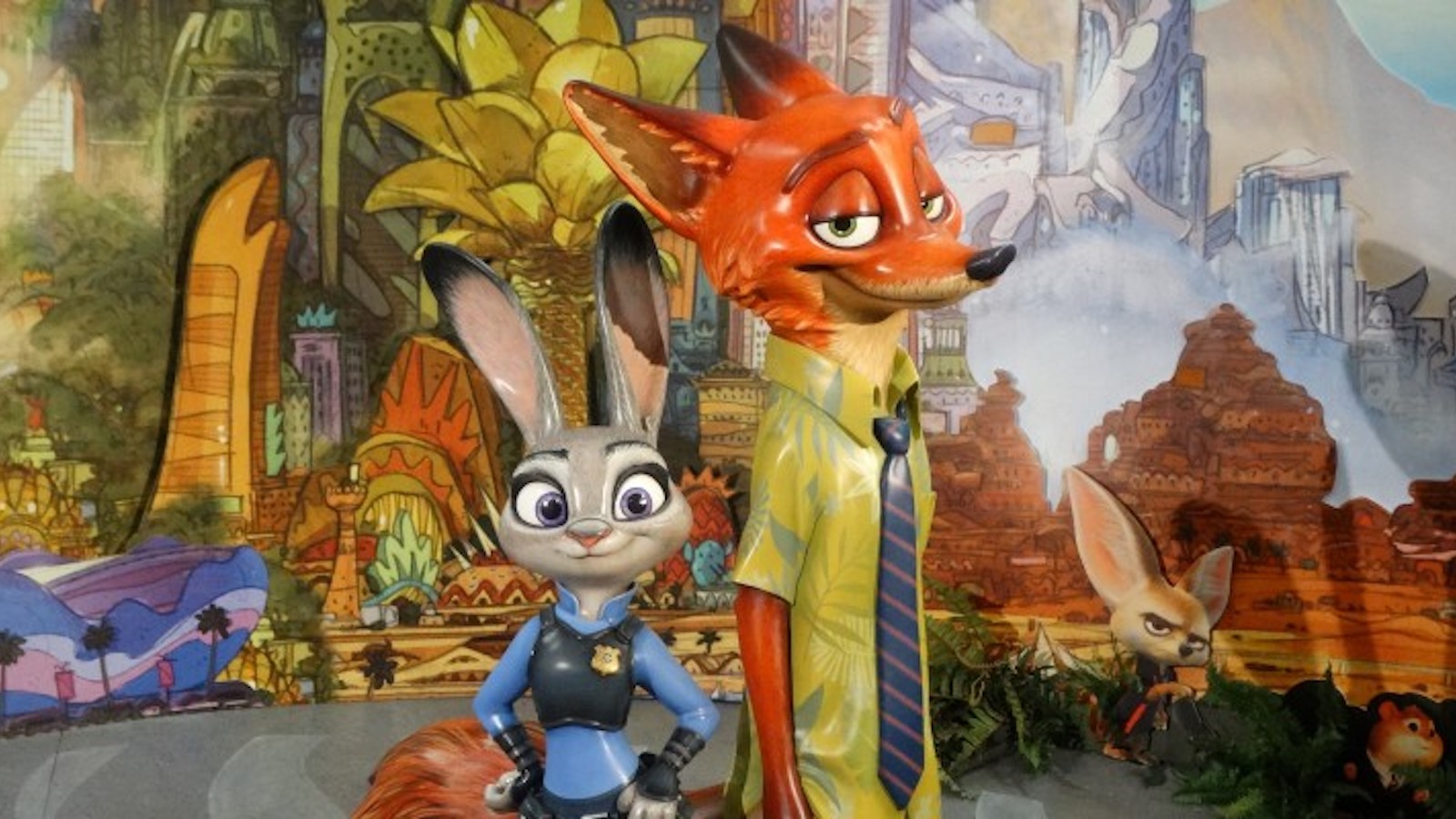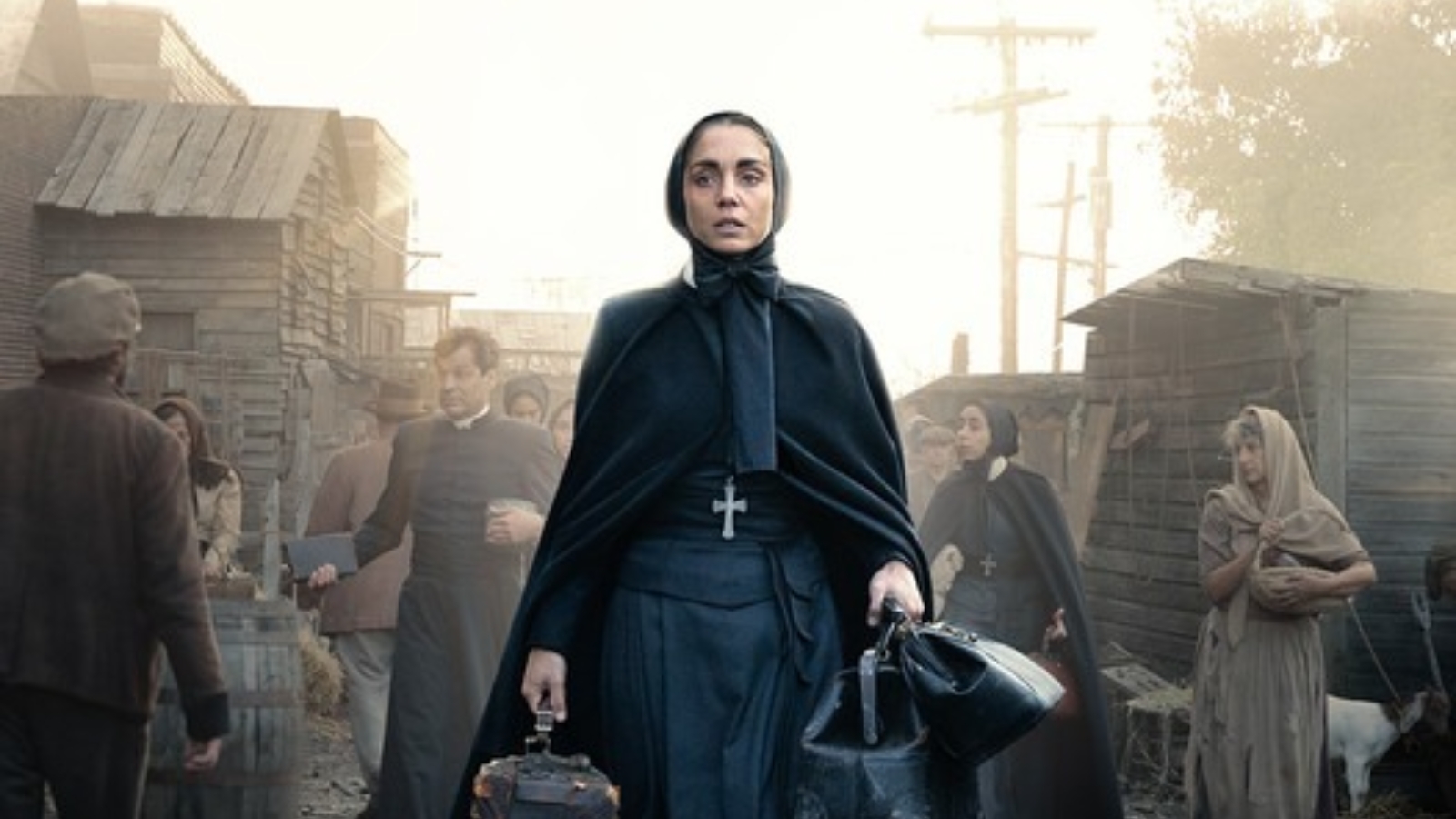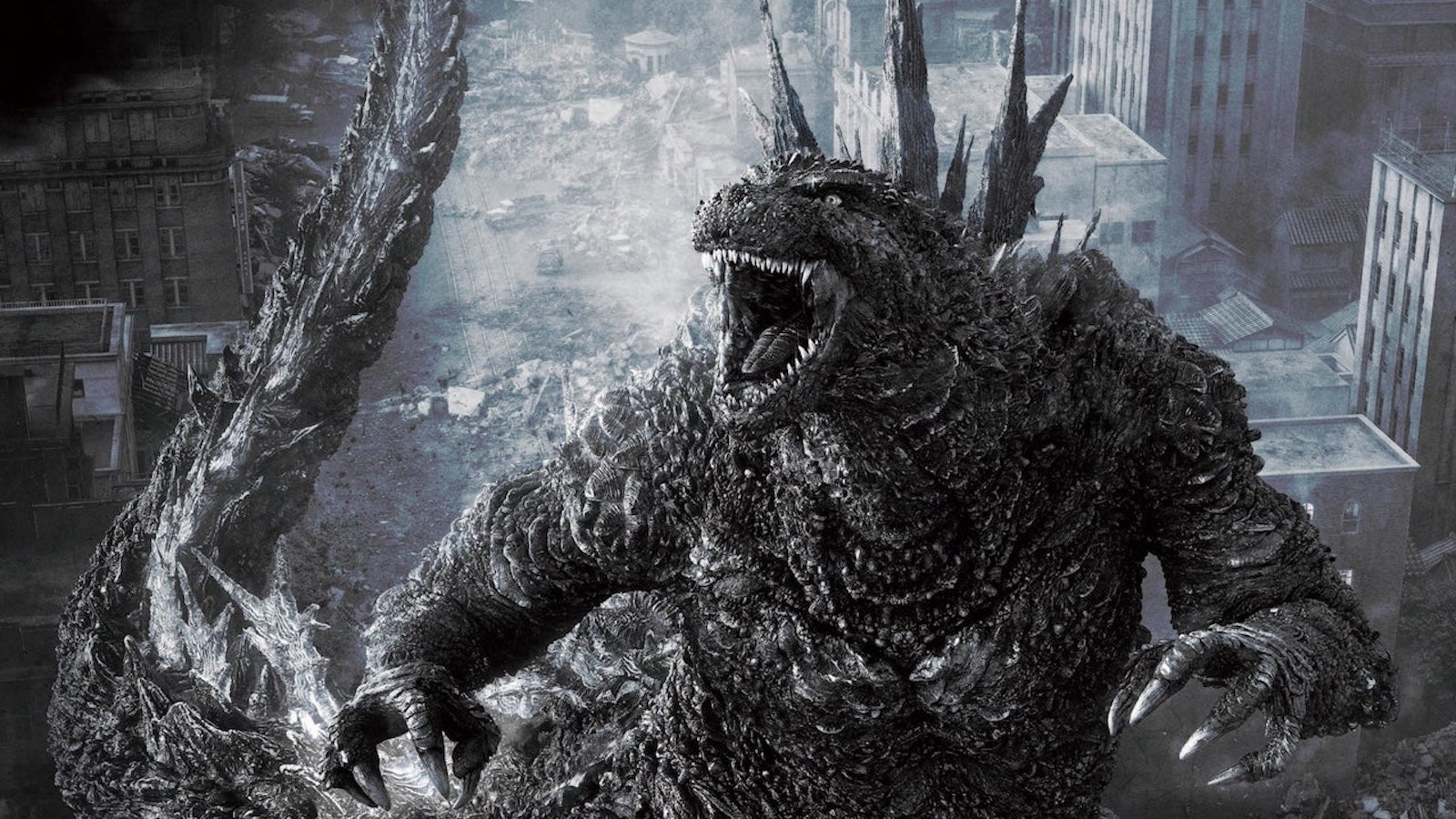
You Absolutely Must See Zootopia
Do I even need to tell you that Zootopia is a wonderful movie? Of course it is. There is a reason it is wildly successful. It is hilarious, touching, memorable, and, as “kids’ movies” tend to be, surreptitiously sophisticated.
Disney has mastered the art of using animation and fantasy worlds to reveal truths about our own world. This company has been doing this for several generations. Sometimes these truths are too uncomfortable to put in live action and are better conveyed in cartoons.
In both its plot and its lessons, Zootopia is right on top of the moment. On the serious side, it deals with sensitive topics concerning race, ethnicity, language, and what it means to belong in a heterogenous population. On the not-so-serious side, there is just something funny about watching talking animals use the latest smartphone technology. Instead of flashlights, for example, they use the flashlight app on the phone.
The Politics of Zootopia
Most importantly, it has a political message that we desperately need to hear.
Whenever I encounter a presentation of government in any idealized fiction, I want to know: what type of state is this? A minimalist state, a personal state, a nation-state, a technocratic state, or a dystopian total state?
Zootopia is a classic big-city intrusive government, with permits for everything, regulations on everything, and an insatiable hunger for revenue. So it falls somewhere between technocratic and total, while still allowing some room for enterprise to flourish. What this state does for people — beyond divide them and waste their time — is not all that clear.
More profoundly, the film is an allegory of a main problem that confronts every society today: the politics of mixed populations with unitary states that are prone to capture and corruption. How do we as individuals deal with it? Can we see through the propaganda, or will we run with the mob and seek solutions based on group or class identity?
I hope adults bother to see it.
Smart Bunny
The plot revolves around an ambitious young bunny, Judy Hopps, who imagines that she can do more than just inherit the family’s carrot business located out in the country. Her parents worry that she will face disappointment and urge her to curb her hopes. They especially worry for her when she says she wants to move to the big city Zootopia, which serves as a stand-in for New York City. Here is a place with animals of all sorts. Yet, one thing that has never happened is that a bunny becomes a police officer, which is what our hoppity heroine dreams of doing.
Determined to press forward, Judy practices her policing skills in her own neighborhood, demanding that a fox return the loot he stole from bunny’s friends. The fox hurts her in the scuffle. This scene reveals an underlying tension in the film: the biological division between the predatory animals and the prey. For the most part, there is peace, but old fears die hard. Her father sends her off to the city with fox repellent, just in case.
Upon arriving in the city, she begins with a sense of idealism. But her ideals are gradually shattered by professional barriers to her success. She is put down and disparaged for being a bunny. She also learns that diversity is complex. Certain animals seem inclined toward certain behaviors, some of which are criminal. In particular, there has been a rash of crimes being committed by large predators. Judy solves the crime but holds a press conference in which she blames biology for the violence, thereby whipping up both the media and the public in a frenzy of fear and loathing.
Politicians Divide the Animals
As the plot thickens, Judy gradually comes to discover an amazing truth. The political elites in the city are not committed to solving the problem or finding better ways to help people get along. On the contrary, they are plotting to turn animals against each other in ways that cause the public to be more dependent on them. Here we have the deep critique of the state itself that one does not expect in a movie presumably made for children.
In case the philosophy here is too deep, the film offers a more poignant critique of public services. Judy Hopps begins her police job as a meter maid (instead of a crime fighter) and is immediately given a quota to fulfill. Thus does the state benefit when people fail to keep the law — the most profound truth about the history of law that one can discover. She does one better and massively exceeds the quota, only to face public anger: why don’t you solve some real crimes?
The best of the best is the scene in the DMV. Bunny is in a rush to find out some information from the department. She stunned to see that, for some reason, the entire department is staffed by sloths. Sloths! They are hilariously slow. The people in the theater I was in broke up in wild and knowing laughter.
At last, here is a theme that pulls together the whole of American society: everyone understands what a disaster the government service is at the DMV. And consider too that the DMV is one of the few almost universal points of contact between average citizens and their government. Sloths indeed! The people loathe every minute of it.
As for the big takeaway, because it is Disney, it has to be hopeful, right? And it is. Everyone learns the truth about government, about the need to not let anything or anyone stand in the way of your dreams, and the capacity of all people to be peaceful and cooperative. The movie ends with a beautiful tribute to peace and opportunity for all, nicely summed up in a pop song sung by a gazelle voiced by Shakira.
As in Zooptopia, so in real life.
Free the People publishes opinion-based articles from contributing writers. The opinions and ideas expressed do not always reflect the opinions and ideas that Free the People endorses. We believe in free speech, and in providing a platform for open dialogue. Feel free to leave a comment.




David Montgomery
Just saw it in 3D and adored it.
Josh Holden
I saw it on Easter with my gf; it was great 🙂
Reagan Rothbard
Great article Jeffrey and an even better movie. Do yourself a favor and run (don’t walk) to see it!
David Montgomery
@reaganrothbard I think you mean hop!
Ned Netterville
Thanks, Jeffrey. I’ll take my 3 local grandkids.
BTW, have you ever written an article on “Fintech,” which was a new word to me when I heard part of a segment on it on Bloomberg TV. I came away with the idea that Fintech companies and prospective start-ups were seriously challenging the banking cartels worldwide. What do you, or anyone else at Liberty.me or FEE know?
Kevin Beck
Ready to see it this afternoon. The promo commercials for the movie show how government is viewed. But I always wonder if they will be viewed as the institutions they are, or whether it will be presented as just a few weak people that work there. I prefer that the institutions themselves be properly castigated.
From a libertarian perspective, my favorite work of theirs has been Phineas and Ferb.
Ned Netterville
Hey, Kevin, thanks to you too. I had never heard of Phineas and Ferb. Checked it out on Youtube. I think I’d casually observed a bit of it while babysitting my grandkids, (I might be able to persuade them not to watch something I thought was bad for them, but they know I can’t forbid. Grandfather’s rule #1: there are no rules; #2 you can eat anything you want.) I’m glad to see they are getting a bit of libertarian perspective to counter the statist propaganda they are likely subjected to at their “outstanding” public school.